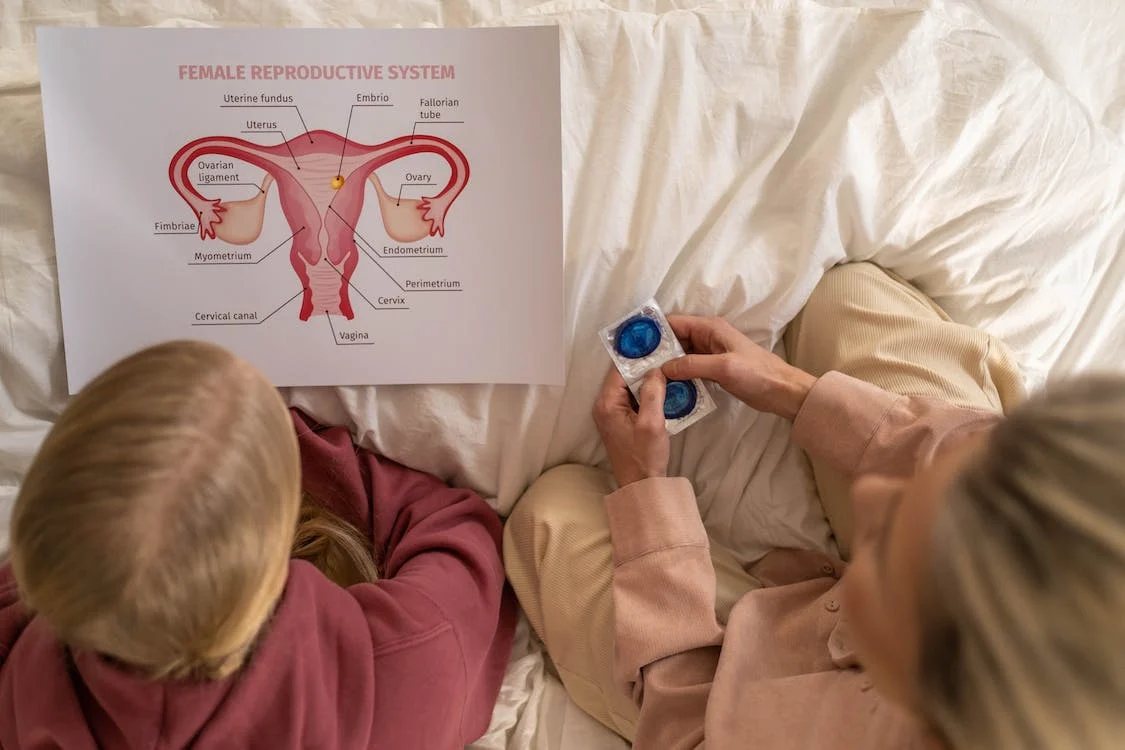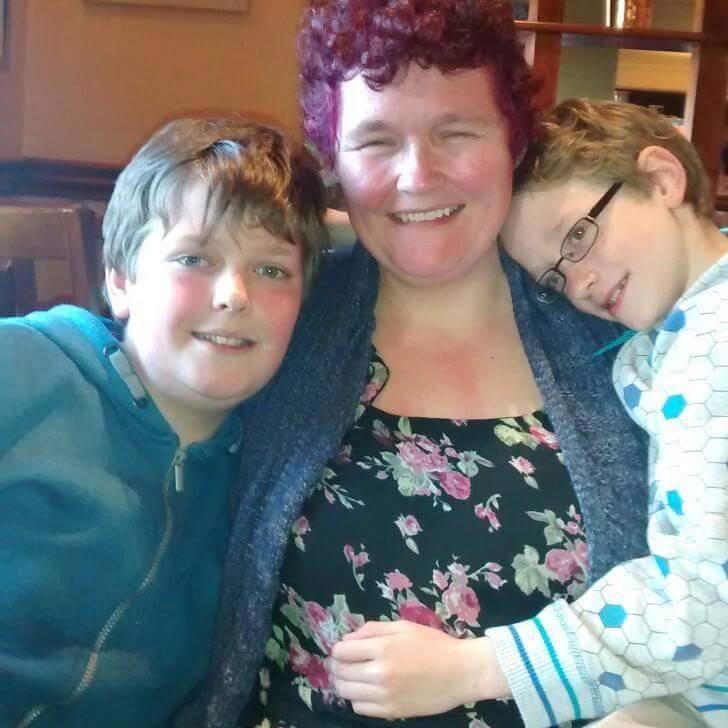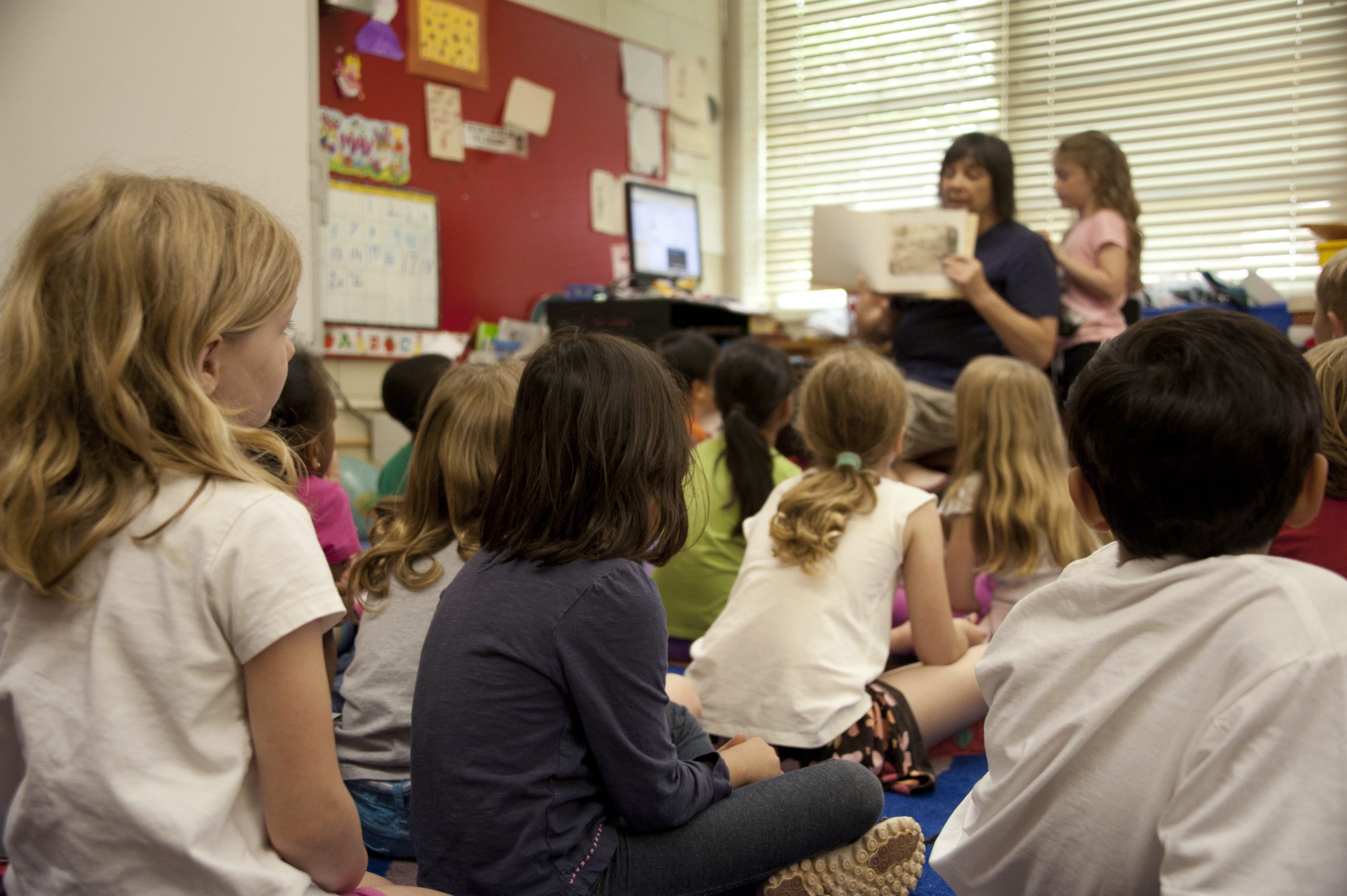Penistone and Stocksbridge MP Miriam Cates called for an inquiry into RSHE programmes in the UK during Prime Minister’s Questions in March.
What is RSHE?
Relationships, sex and health education (RSHE) has been a compulsory part of the curriculum for primary school pupils since September 2020.
Topics covered in primary school RSHE include teaching children how to communicate their own boundaries and recognise the boundaries of others, staying safe online, and the differences between appropriate and inappropriate or unsafe contact. Health education topics include puberty and menstruation.
At a secondary school level the curriculum covers content on a wider range of key topics including consent, sexual exploitation, online abuse, grooming, coercion, harassment, rape, domestic abuse, forced marriage, honour-based violence and FGM.
Government guidance states parents have the right to request that their child be withdrawn from some, or all, sex education delivered in schools as part of the curriculum.
An inquiry is requested
On 8 March, Miriam Cates MP stood before the Prime Minister and requested an independent inquiry into the country’s “inappropriate” sex education curriculum.
The Penistone and Stocksbridge MP said: “Graphic lessons on oral sex, how to choke your partner safely and 72 genders—this is what passes for relationships and sex education in British schools.
“Across the country, children are being subjected to lessons that are age-inappropriate, extreme, sexualising and inaccurate, often using resources from unregulated organisations that are actively campaigning to undermine parents. This is not a victory for equality; it is a catastrophe for childhood.
“Will my right hon. Friend honour his commitment to end inappropriate sex education by commissioning an independent inquiry into the nature and extent of this safeguarding scandal?”
In response, Prime Minister Rishi Sunak, said: “I share my hon. Friend’s concerns and thank her for her work in this area. That is why I have asked the Department for Education to ensure that schools are not teaching inappropriate or contested content in relationships, sex and health education.
“Our priority should always be the safety and wellbeing of children. Schools should also make curriculum content and materials available to parents. As a result of all this, we are bringing forward a review of RSHE statutory guidance and will start our consultation as soon as possible.”
The Department for Education has announced that it will put together an expert panel that will inform the review and will advise on how to put in place protection from pupils being introduced to things that they are too young to understand properly. The panel will also consider how age ratings can be introduced for different parts of the curriculum.
Problems with the sex education curriculum
According to the dossier of evidence commissioned by Miriam Cates, calls for change are largely related to discussions of gender and sexual identity, masturbation and other sexual acts.
One issue that has seemingly resulted in inappropriate topics being discussed is the use of third party educators for RSHE resources.
Tanya Carter, Spokesperson for Safe Schools Alliance UK, said: “Quite a lot of public money had been allocated to various groups to produce material to be used in schools but there doesn’t seem to have been any quality control at all over what’s been produced. A lot of the materials simply aren’t suitable and some of them are actually going to harm them.
“We’d like to see some of the people who have been involved in writing these materials and what their motivations are. Our view would ultimately be that this all needs to be done for the benefit of the children. We do question the motivations of the people writing the material because it’s not helping children navigate porn and other things they may accidently encounter, and it sometimes promotes extreme sexual practices.”
In the evidence dossier, examples of these resources include: children from ages twelve to sixteen drawing sexually explicit images and asking students to work in pairs to list ways adults can show intimacy.
Similarly, Miriam Cates’ evidence document refers to the reluctance of resource providers to share the lessons with parents.
The Telegraph reported: “In correspondence seen by The Telegraph, Jigsaw Education, one sex education materials provider, warned a school that it may take legal action if the school discloses any of its materials or otherwise puts them in the public domain “by means of allowing formal inspection”
The RSHE resource provider issued a statement on their website about the review.
The statement reads: “Jigsaw welcomes the RSHE review as an opportunity to further support schools to provide the highest quality age-appropriate learning to children and young people.”




